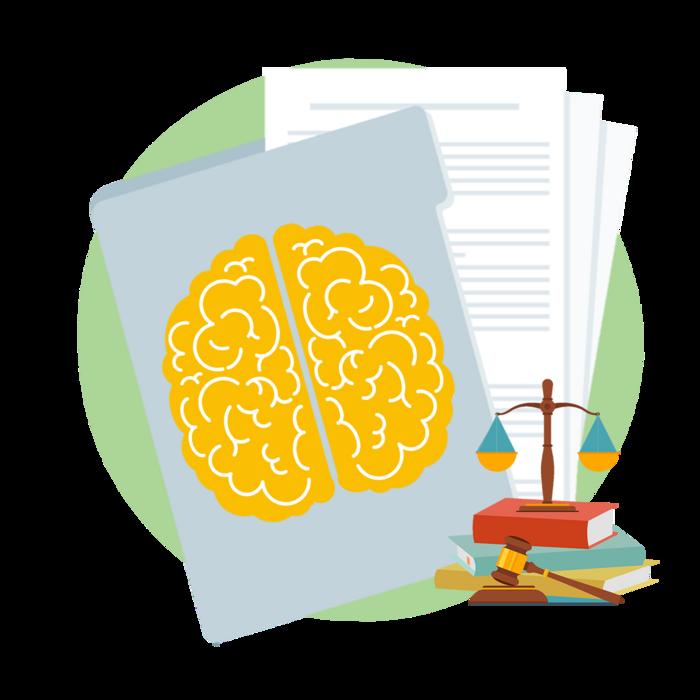A recent study has explored the legal and ethical challenges expected to arise in human brain organoid research.
A recent study has explored the legal and ethical challenges expected to arise in human brain organoid research.
Human brain organoids are three-dimensional neural tissues derived from stem cells that can mimic some aspects of the human brain. Their use holds incredible promise for medical advancements, but this also raises complex ethical and legal questions that need careful consideration.
Seeking to examine the various legal challenges that might arise in the context of human brain organoid research and its applications, the team of researchers, which included a legal scholar, identified and outlined potential legal issues. Notably, the study has evaluated the urgency of these issues, thereby establishing regulatory priorities for the future. The complexities involved in this area have often been overlooked, making this study a crucial step forward.
Legal challenges were categorized into five key themes: consciousness, legal status, consent, ownership, and transplantation. One of the most debated concerns is whether human brain organoids could become conscious. This raises profound ethical and legal questions, even though the realization of such concerns may be distant. The researchers explored the legal implications of different levels of consciousness—from basic sensory experiences to more advanced cognitive functions—suggesting that future legal protections might be necessary.
Another important consideration is the legal status of human brain organoids, which are currently regarded as property, similar to other human-derived materials. However, as research advances, the potential for brain organoids to be integrated into information processing systems and other applications could challenge this classification, possibly leading to discussions about legal personhood.
Consent and ownership also pose unique and pressing challenges. The researchers emphasized the need for appropriate and specific consent from cell donors, especially given the sensitive nature of the research. Ownership disputes may arise as donors might feel a personal connection to the brain organoids or perceive them as belonging to them, particularly as the monetary value of brain organoids increases.
Finally, transplantation of human brain organoids into animals and potentially humans raises another set of ethical and legal issues. Ensuring the welfare of host animals is an urgent concern requiring stringent regulation. In the distant future, addressing the consciousness and welfare of transplanted brain organoids may also be significant concerns.
“Our main finding is that we have, for the first time, thoroughly categorized the legal challenges associated with human brain organoid research on a global scale,” says Dr. Tsutomu Sawai, one of the researchers. This categorization is a significant step toward developing a comprehensive legal framework to improve the research environment for brain organoids.
Looking to the future, the researchers aim to use their findings to guide regulatory action and policy, ensuring responsible and ethical advancement in the field. They encourage public engagement and discussion, emphasizing that diverse perspectives are essential for navigating the complex ethical dimensions of this research. “The results of this research have the potential to bring various benefits to society. While the issues may be complex, we encourage the public to engage with our work, understand the ethical dimensions, and participate in discussions where appropriate,” Dr. Sawai added. “Contributions from different perspectives are essential for the responsible advancement of science.”
Journal
Journal of Bioethical Inquiry
DOI
10.1007/s11673-024-10349-9
Article Title
Human Brain Organoid Research and Applications: Where and How to Meet Legal Challenges?
Article Publication Date
5-Jul-2024





